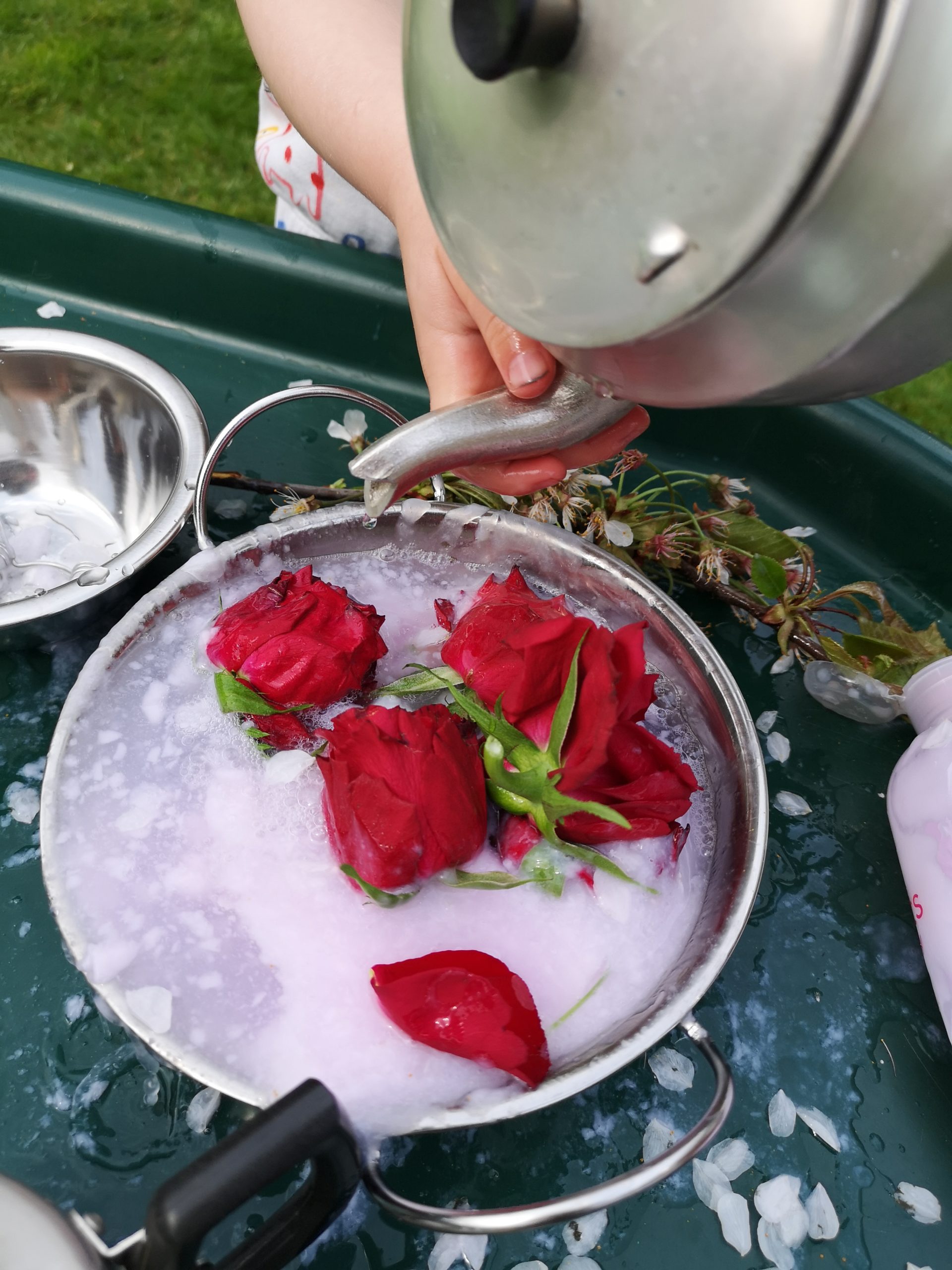Since the phrase ‘cultural capital’ was placed into the Education Inspection Framework (Education inspection framework – GOV.UK (www.gov.uk)), it has caused some confusion. If you are new to the sector, this may be one thing you would like to understand more.
Let’s be clear. It is not about teaching various cultures. Cultural capital occurs on a daily basis and you will already be covering a lot, if not, all of it. I am going to help you see that.
Understanding the term is simply to know how the experiences you provide, impact on children’s future self and success. It is about looking at and knowing about a child’s home life and the experiences they are exposed to. The more variety of experiences you add, the more essential knowledge a child will learn for their future success.
Visiting a range of places is a fantastic way of offering a wide range of experiences. They might be places you can get to easily such as a shop, post box, library or local park. Offering trips further afield such as the farm, beach, woods, country park, zoo, swimming pool, fruit picking, bigger or different playgrounds to the one’s nearby are also great, as not all children experience these places, or in a way that we will offer them.

The experiences are not just about outings, but the experiences you provide at your setting, both inside and outside. This will be covered in your enabling environment and activities you offer. Perhaps you offer invitations to play, some planned adult-led activities or simply let the children choose from the resources available. However you do it, you will play an important part.
Your teaching strategies and interactions with the children will form an experience. How you scaffold children’s learning, deepen their knowledge and continually move them forward. Your open questions and comments and how you build up to sustained shared thinking (Siraj-Blatchford et al., REPEY, DfES 2002). How you observe, assess and plan to meet each child’s needs. How you work with parents and other professionals to ensure smooth transitions or to fill any gaps in children’s learning and development.
Promoting the characteristics of effective teaching and learning through your environment and teaching is another essential part of children’s experiences. For instance, can children make choices, problem solve, use their own ideas and try? Do you encourage exploratory, and discovery play by using real and natural resources which provide awe and wonder and promote curiosity? We need children to be able to use their creativity (which includes imagination).

The curriculum you provide, covering all 7 areas of learning and development, should offer a host of play and learning opportunities. Some, or many for some children, are unlikely to be experienced at home and therefore you are providing those wider experiences to enable a child’s future success.
Here are some examples of everyday wider experiences:
- Sitting together to read a book
- Using open-ended resources
- Building on a large scale such as with cardboard boxes
- Playing with other children
- Painting vertically or your hands
- Rolling down a hill
- Climbing a tree
- Collecting bugs
- Playing in a garden
Here are some examples of further wider experiences:
- Growing fruit/vegetables
- Caring for an animal
- Travelling by public transport or car
- Visiting faraway or unusual places e.g. museum, art gallery, wildlife park
- Arranging visitors to the setting e.g. people who helps us, reptile keepers
- Taking bikes to challenging areas
- Cooking
- Helping in the local community e.g. litter picking
- Forest/beach school
There are far too many to list but you can get your creative caps on to think of some ideas. If you know about the home life of a child such as where they live (flat/house/bungalow), who with, if the parents spend time with the child etc, you will be able to provide the wider experiences they do not experience at home. Even if the child plays with playdough at home for instance, the tools, dough, your teaching and interactions are likely to be different from those at home.
Offer things differently and lastly, make it enjoyable!




